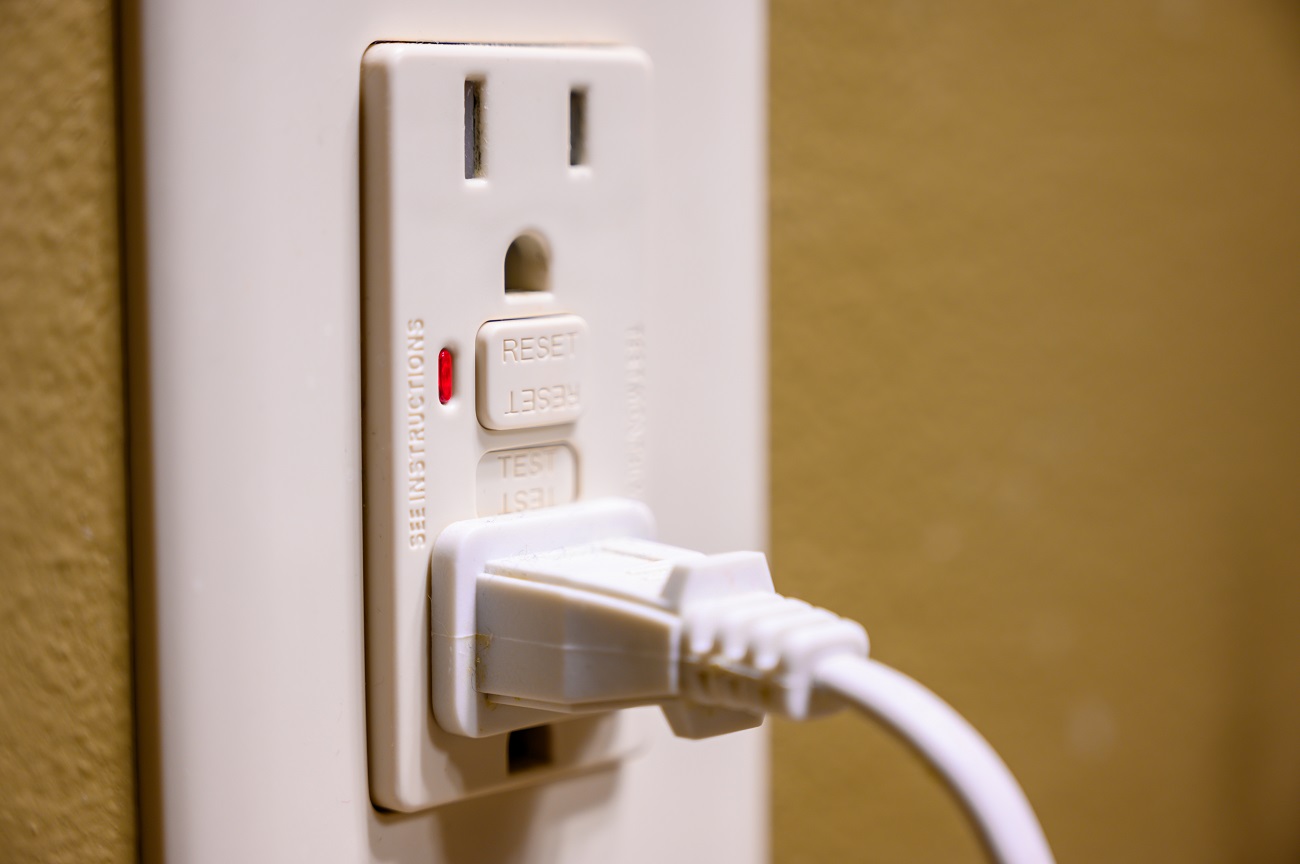
Home inspections are an essential part of the homebuying process. They’re intended to catch any hidden issues that the buyer—and perhaps even the seller—can’t see for themselves. Buyers and sellers alike can feel a lot of anxiety when waiting for the report from their home inspector in Philadelphia, fearing a contract-ending problem will be discovered. If you’re biting your nails over your pending home inspection, keep reading to learn what kinds of issues are most likely to come up.
In older homes, it was common for outlets to have only two prongs. However, most new appliances and electrical devices require outlets that have three prongs; this third prong grounds the outlet, helping to prevent power surges and other electrical hazards. Unfortunately, many people who own these older homes may try to replace their two-prong outlets with three-prong outlets without attaching a ground wire. While this allows newer plugs to be used in the outlets, it can lead to many issues, including the risk of electrical shock as well as damage to appliances due to the aforementioned power surges.
The best way to fix this is to add a grounding wire, which is something that should be done by a professional electrician. It’s a relatively simple and straightforward process, so you shouldn’t worry about spending a small fortune to get those outlets up to date. However, it’s definitely not something you should skip out on; ungrounded outlets are dangerous and should be repaired as soon as possible.
Missing handrails can be a serious safety hazard. In some cases, the staircase may have intentionally been built without a handrail. This is more common on exterior stairs, which usually only have two or three steps. Other times, the handrail may have been broken off and never replaced, or it may have been removed for one reason or another.
We strongly recommend having those handrails replaced and ensuring they’re strong and sturdy enough to support your weight. You can discuss this matter with the home seller and decide whether this is something you will take care of yourself or something you want them to fix before you buy the home.
One final issue frequently seen is improper drainage around the home. Ideally, a property should slope slightly away from the home’s foundation, preventing water from pooling around the structure. If your home inspection report comes back with word of a draining issue, proceed with caution, because this is about more than stepping in puddles on your property.
Improper drainage can lead to leaks in the lower levels of your home (particularly in the basement or crawlspace), which can cause mold and mildew growth in those areas. Furthermore, the foundation can sustain water damage if the drainage issue goes untreated for too long. Your home report should tell you if these problems are already present. But even if they’re not, you’ll want to ensure that those drainage issues are fixed promptly, whether you ask the seller to do it or you handle it yourself after you close on the property.
If you need a high-quality, professional inspection of your home, contact Eagle Inspections. We can perform several types of inspections, including home sale inspections or a residential radon inspection in Philadelphia, PA. Give us a call to get on our schedule today.